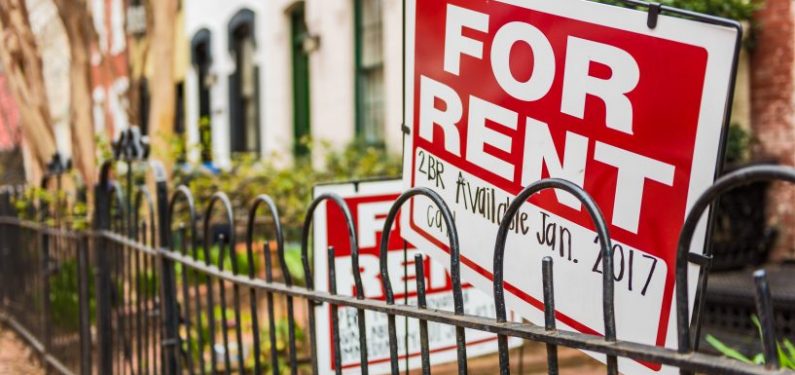
What is a Landlord Insurance Policy?
January 11, 2018Potential first-time landlords should do significant research prior to taking the plunge. From real estate acquisition to market analysis, the steps to becoming a landlord can be tricky. Additionally, protecting yourself and your property is imperative. We would like to make the process more straightforward – and less daunting – by providing some information. For the most conclusive protection, agents suggest Landlord Insurance policies.
Sometimes called “Lessor’s Risk”, these policies are a must-have for anyone who wants to protect their assets and revenue streams associated with owning and operating a rental property. Having a good Landlord Insurance policy is a critical step toward becoming a landlord. Below is a breakdown of Landlord Insurance to make acquiring a policy much less stressful:
What is Landlord Insurance?
As with most insurance policies, Landlord Insurance is a general term used to group together several coverages specific to a certain niche. The basic goal of these policies is to provide coverage for people who own property and collect rental income. Most often, policies are for residential homes, apartments, and businesses. Exact coverage within your policy varies, and getting the right policy requires talking to an insurance professional.
What Does Landlord Insurance Include?
Landlord Insurance policies can cover a variety of things related to property ownership. Here are some of the most common coverages that you should ask your agent about:
Liability Insurance
Liability Insurance is one of the most important types to have. It can protect your finances by hedging against most risks that might otherwise result in a lawsuit and out-of-pocket payments. Liability Insurance covers a vast array of unfortunate instances that could happen to tenants and their property, if your negligence is found to be the cause of their loss. A licensed insurance agent can help you understand any exclusions within liability insurance policy forms.
Property Damage
On the reverse side, getting property coverage for your own property can be vital. Tenants aren’t always gentle on the dwellings that they rent. Having a backup can be the difference between a profitable year and a loss. Insuring structures against the potential of a fire, windstorm, lightning loss, etc. can provide you with the finances to replace a revenue-generating building should a claim occur.
Loss of Income
If your rental property becomes damaged or otherwise unusable for a period of time, certain types of Loss of Income coverage can come to the rescue. Ensuring your cash flow remains unaffected during times of emergency grants enormous peace of mind and may even be a necessity if you carry a mortgage on the property and depend on the rental income to pay your bills.
Other Coverages
Beyond the coverages discussed above, there are a few others to consider:
- Flood Insurance
- Employer Liability and Worker’s Compensation for any property managers or others you might employ
- Landlord’s Content (BPP) coverage for appliances or furniture that you might include with your rental units
The Safe Bet
The safest route for potential landlords to take is talking with an insurance agent. A discussion with an experienced agent, who can review applicable coverages and options, is the best way to get landlord insurance and safeguard your real estate future. If you have any questions or comments about Lessor’s Risk, please contact us or give us a call at (717) 665-2283 or (800) 537-6880 today!
Disclaimer: Information and claims presented in this content are meant for informative, illustrative purposes and should not be considered legally binding.

